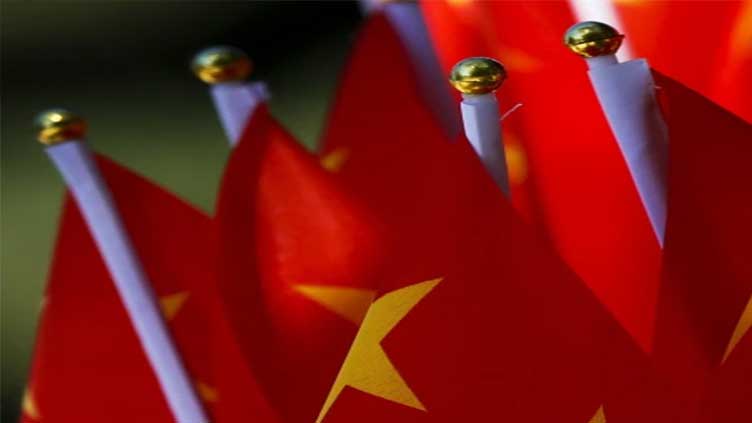China cuts key interest rate in the latest move to boost its ailing property sector

Business
China cuts key interest rate in the latest move to boost its ailing property sector
BANGKOK (AP) — China’s central bank announced Tuesday that it cut its 5-year loan prime rate while leaving its 1-year rate unchanged in the latest move to ease pressures on the ailing property market.
The 5-year rate was lowered by 0.25 basis points to 3.95% while the 1-year rate remains at 3.45%. It was the first time the 5-year rate was cut since May, and analysts said it was the largest cut on record for that rate.
Since markets reopened Monday after a weeklong Lunar New Year holiday break, state-owned banks have announced a flurry of plans for billions of dollars worth of loans to support developers struggling after a crackdown on excessive borrowing.
“On its own it will not revive new home sales. But coupled with efforts to provide increased credit support to developers, today’s cut should help to reduce pressure on the property sector somewhat,” Julian Evans-Pritchard of Capital Economics said in a commentary.
The surprise cut to the 5-year LPR could improve affordability for buyers by lowering the mortgage rates, said Lynn Song of ING Economics.
China’s economy, the world’s second largest, depends heavily on the property sector to drive growth and provide employment. Since the crackdown on what the leadership viewed as dangerous levels of borrowing in a housing bubble, dozens of developers have defaulted on their debts. Many others are struggling to recover.
But Song said the People’s Bank of China has limited room to maneuver given downward pressure on the Chinese yuan at a time when Western central banks have not yet begun cutting rates.
By cutting only one of the two main rates, the authorities were signaling their determination to use a targeted approach to supporting the economy, said Louise Loo of Oxford Economics.
“The size of today’s move also reveals — in our view — a genuine concern among Beijing policymakers that the ‘incremental’ slow-drip of policy easing implemented thus far has had little impact,” Loo said in a report.
There was a muted reaction in Chinese markets, with the benchmark Shanghai Composite index gaining 0.4% on Tuesday. Hong Kong’s Hang Seng index fell 0.3%.
The 1-year rate is the benchmark for most personal and corporate loans.
Analysts noted that the problems in the property industry don’t hinge mainly on interest rates but reflect longer-term problems.
Even though mortgage rates have fallen somewhat, housing sales have continued to decline, Evans-Pritchard noted.


